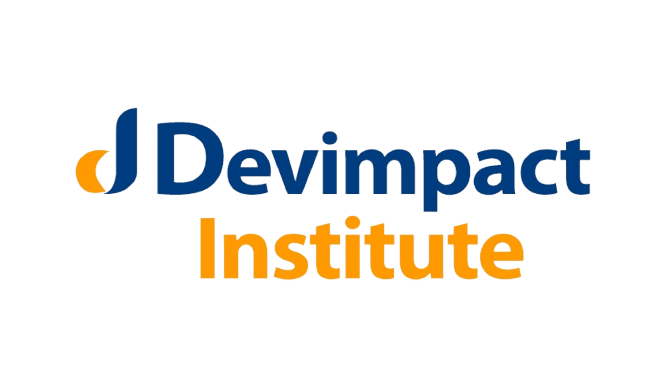
Training on Logistics and Supply Chain Management
At the core of logistics and supply chain management are the delivery of goods and services at the appropriate time, place, cost, quantity, and quality. Flawless order deliveries, customer responsiveness, and cost-effectiveness are crucial competitive considerations. Supply chain management encompasses all of the functions, information, and resources required for the transfer of goods and services from inception to end users. It is the operational framework under which logistical operations are carried out. Planning, executing, and controlling the movement and storage of goods is the function of logistics, a component of supply chain management. This training on logistics and supply chain management course equips participants with a thorough understanding of supply chain management and logistics principles.
Target Participants
Training on logistics and supply chain management is ideal for supply chain and procurement professionals, project managers, finance staff, operational staff, government officials, and any other professionals who want to build their skills in logistics and supply chain management.
Course Duration
Online 7 Days
Classroom-based 5 Days
What you will learn
By the end of this course the participants will be able to:
- Understand the various functions of logistics and supply chain management
- Reduce costs and increase the value of customers by developing and managing the supply chain network effectively.
- Investigate the methods, fundamental procedures, and efforts that guarantee organizations achieve and keep their competitive advantage.
- Manage relationships in the supply chain and learn about product design in the supply chain
- Create a sustainable supply chain and match supply with demand.
- Understand relationship networks, sustainability, and product design, as well as the logistics of procurement, distribution, and fulfillment.
Introduction to Logistics and the Supply Chain
- Definitions of logistics and supply chain management
- The importance of logistics management
- The supply chain and competitive performance
- The changing competitive environment
- The theory of constraints (TOC)
Logistics and Customer Value
- The marketing and logistics interface
- Delivering customer value
- What is customer service?
- The impact of out-of-stock
- Customer service and customer retention
- Market-driven supply chains
- Defining customer service objectives
- Setting customer service priorities
- Setting service standards
Measuring Logistics Costs and Performance
- Logistics and the bottom line
- Logistics and shareholder value
- Logistics cost analysis
- The concept of total costing
- Customer profitability analysis
- Direct product profitability
- Cost drivers and activity-based costing
Matching Supply and Demand
- The lead-time gap
- Improving the visibility of demand
- The supply chain fulcrum
- Forecast for capacity, execute against demand
- Demand management and planning
- Collaborative planning, forecasting, and replenishment
Performance, Risk, and Warehouse Management
- Key performance indicators (KPI)
- Warehouse management:
- Role in the supply chain
- Flows
- Equipment selection
- Supply chain risks:
- Operational
- Inventory
- Exchange Rates
- Financial
- Disruption
- Security
Procurement in Supply Chain
- The difference between procurement and purchasing
- What is the role of procurement and purchasing?
- Support operational requirements
- Manage the procurement process and the supply base
- Develop strong relationships with other functional groups
- Team roles and responsibilities
Inventory Management
- Inventory control management
- Understanding inventory status
- Reducing excess and obsolete inventory
- Improving the organization’s logistics and supply chain
Managing the Global Pipeline
- The trend toward globalization in the supply chain
- Gaining visibility in the global pipeline
- Organizing global logistics
- Thinking global, acting local
- The future of global sourcing

